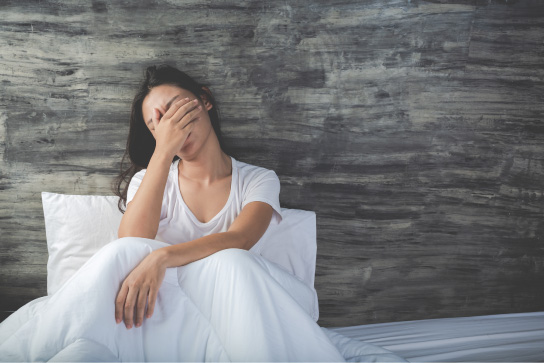How to control anxiety and fear of contagion?

The complicated days of the coronavirus pandemic may be even more difficult for people with anxiety or obsessive-compulsive disorders to cope with. The fear of contagion, of exposure, the impotence of not being able to control the infectious agent can generate crises.
And it's not about a few people. According to the American Anxiety and Depression Association, 40 million adults in the country have anxiety disorders (several anxiety episodes each year), that is, 18% of the population. Breaking down other numbers from the same source it appears that: about 2 million people have been diagnosed with an obsessive-compulsive disorder and 6 million suffer from frequent panic attacks.
The mental health of this large group of people is particularly fragile at this stage, for many reasons, since, for example, fear of infection is that they cannot get hand sanitizer, a product that they usually carry in their pockets or the wallet all the time.
Generally, people with this type of disorder need routines, which COVID-19 has turned upside down. It’s no longer possible to follow the meticulous and methodical agenda. And, as if this were not enough, it’s very likely that therapist offices and mental health services are closed or limited, which closes the doors to emergency consulting.
What to do?
Some therapeutic services, such as that of the University of California at Davis, offer consulting through video conferences. You can consult with your therapist and organize sessions online, through Skype or other platforms where they can "meet" face to face.
Remember that it’s essential to follow the public health guidelines, such as social distancing, that your local government has put in place to stop the spread of the coronavirus.
The same UC Davis experts offer a list of tips needed to stay physically and mentally healthy during this crisis. For those who suffer from disorders and for those who don’t.
Maintain the daily routine.
It’s essential to have an agenda for the day, get out of bed and change (staying in pajamas all day is not advisable)
Maintain good nutrition, hydration and basic exercises
going for a walk in the neighborhood is a good idea, but do not stop to chat with your neighbor, meet him at a distance
Don’t alter your sleep hours.
This new habit of social distancing can make you find yourself watching television late or getting up late. Try to maintain eight hours of sleep, in your usual hours.
Don’t stop communicating
We are in the internet age! It is about physical, not digital, social distancing. You can talk to friends and family and watch them online.
Play board games with your family, watch a movie together.
This, although for a sad reason, is a unique time to reconnect with your loved ones at home.
